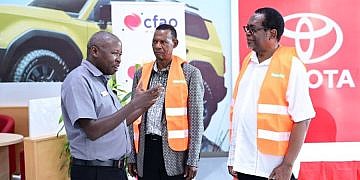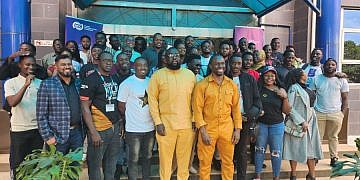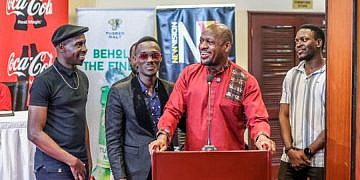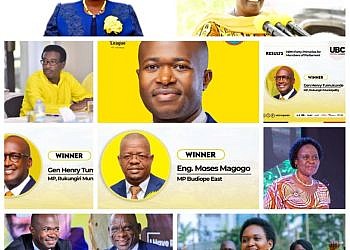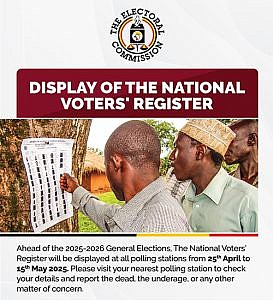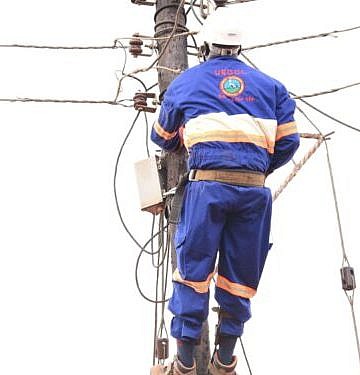President Museveni, has called on Ugandans to focus on practical wealth creation, sustainable agriculture, and infrastructure utilization while emphasizing the NRM’s pivotal role in Uganda’s economic transformation.
Addressing NRM leaders, delegates, and government officials, Museveni traced the nation’s economic history, noting the challenges inherited at independence in 1962.
He recalled that Uganda’s economy was limited to a “small enclave” of cash crops, leaving the majority of households outside the formal economy. The Amin regime further devastated production, leaving only coffee and tobacco partially operational.
“Only coffee and tobacco were still limping on. The whole economy had been informalized, and people were only getting products and foreign currency through Magendo, Kibaanda, and Kusamula,” he said.
Museveni outlined the NRM’s multi-phase strategy of economic recovery, expansion, diversification, value addition, and entry into the knowledge economy.
He highlighted the results of these policies, noting that Uganda’s economy has grown from USD 3.9 billion in 1986 to USD 66.1 billion by 2025-26 (forex method) and USD 188 billion by PPP method, despite corruption and other challenges.
“This recovery, expansion, diversification, value addition and now entering the knowledge economy has been enabled by peace and security, correct macro and micro-economic policies, and good infrastructure,” he said.
The President stressed the importance of creating wealth at the household and community level, urging citizens to exploit both high-value and large-scale agricultural enterprises.
“We have been informing Ugandans that you can actually create wealth even when development (e.g., infrastructure) is primordial. With good family incomes, you can send your children to private schools and access private health services if government ones have issues,” Museveni said.
He also criticized irrational land and wetland use, urging farmers to adopt more profitable practices such as fish farming and high-yield banana cultivation.
“This irrational use of Uganda’s land needs to stop. Fish farming at the edges of the swamps is much more profitable. My ponds in Lango, Kabaale, Kawumu give me Shs. 70 million net per pond per year,” he noted.
Museveni framed these policies within the broader NRM philosophy, emphasizing peace, development, wealth, jobs, services, markets, and political federation as the cornerstones of Uganda’s progress.
He called upon leaders at all levels to grasp these core messages and guide citizens toward sustainable economic empowerment.
“Without peace, you cannot create prosperity. The NRM has been able to preserve peace for 40 years, which no previous government has achieved,” he said.












